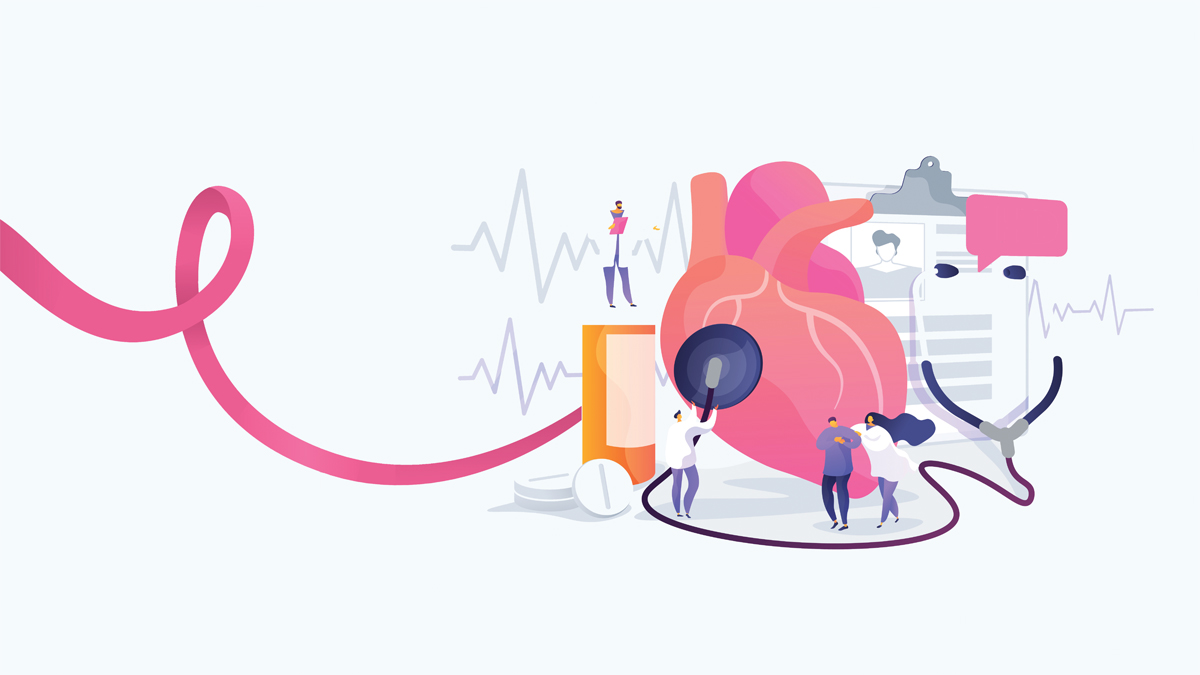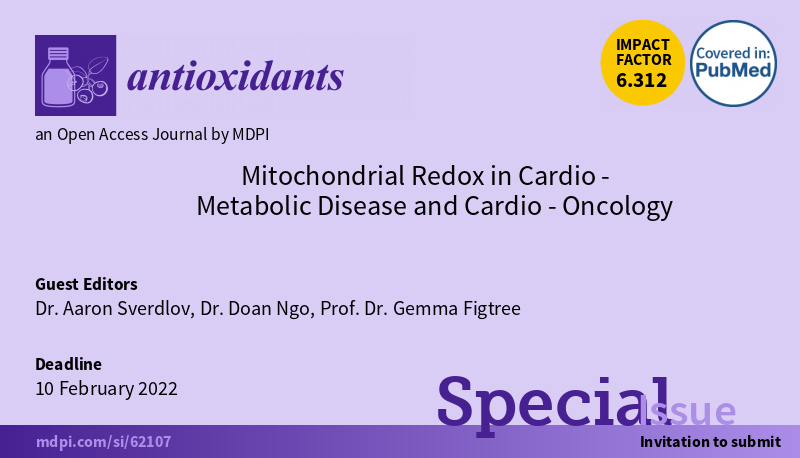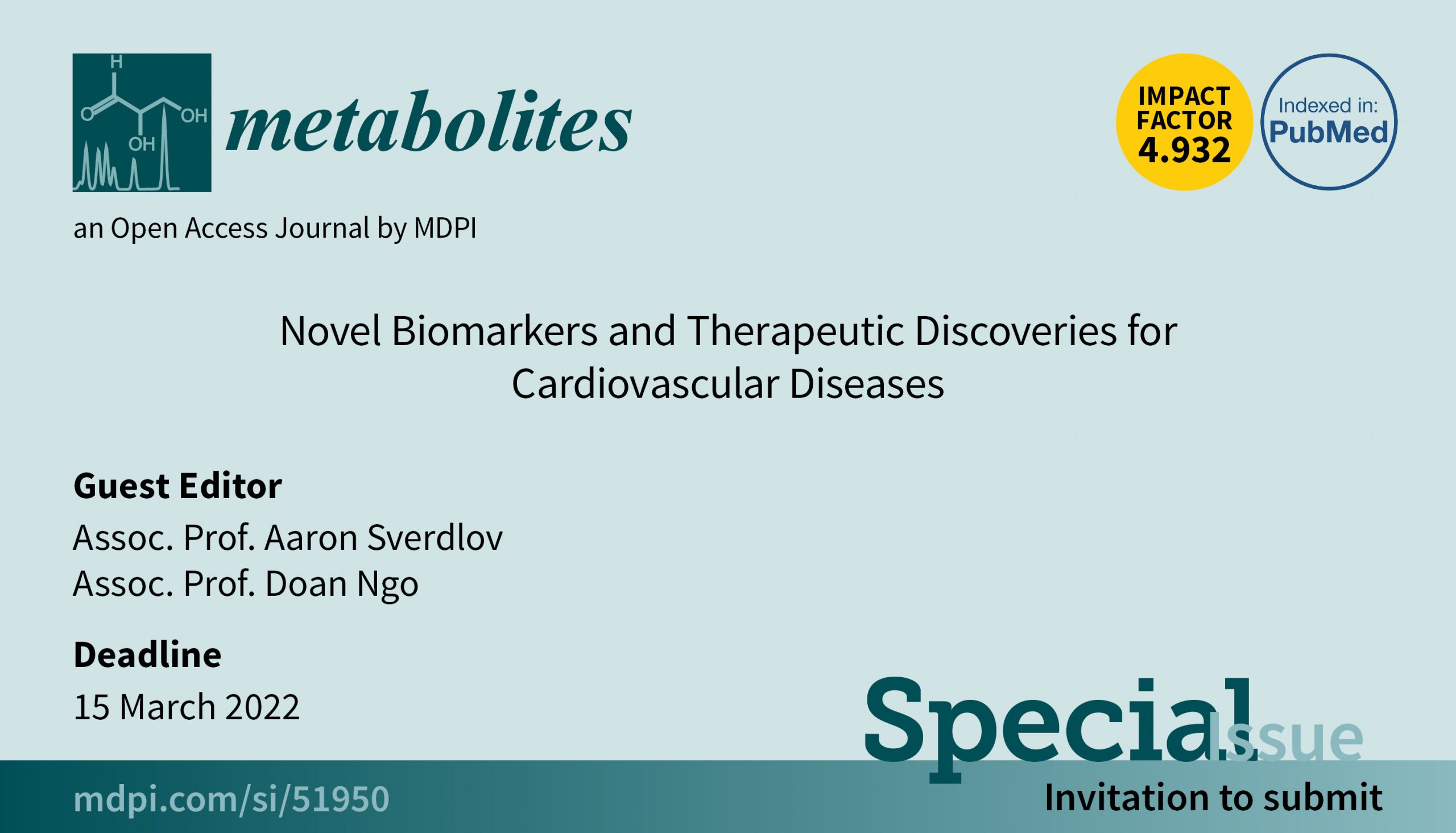
Dr. Daniel Lenihan, MD
Prospective Observation of Cardiac Safety with Proteasome Inhibitor
FROM THE JOURNAL OF CLINICAL ONCOLOGY
Cardiovascular (CV) adverse events were common in patients receiving proteasome inhibitor therapy for relapsed multiple myeloma, especially with carfilzomib-based therapy, according to results from the PROTECT study.
While prior studies have shown an increased risk for CV toxicities with proteasome inhibitor therapy, detailed descriptions of the events and risk factors have been lacking. “Furthermore, there is no validated protocol to help determine which patients are at highest risk of CV toxicity during therapy, nor is there management guidance for patients who experience a [CV adverse event],” wrote Robert F. Cornell, MD, of Vanderbilt University, Nashville, Tenn., and colleagues in the Journal of Clinical Oncology.
Prognostic Role of Cardiopulmonary Exercise Testing in Wild-Type Transthyretin Amyloid Cardiomyopathy Patients Treated With Tafamidis | Elsevier Enhanced Reader
Read MoreEdoxaban: front-line treatment for brachiocephalic vein thrombosis in primitive mediastinal seminoma
Agnese Maria Fioretti, MDa,* , Tiziana Leopizzi, MDb, Agata Puzzovivo, MDa, Francesco Giotta, MDc, Vito Lorusso, MDc, Giovanni Luzzi, MDb, Stefano Oliva, MD
Emerging Therapeutics for the Treatment of Light Chain and Transthyretin Amyloidosis
By Kathleen W. Zhang, MD,a Keith E. Stockerl-Goldstein, MD,b Daniel J. Lenihan, MDa
Florida Inter-Specialty Collaborative Project to Improve Cardio-Oncology Awareness and Identify Existing Knowledge Gaps
Cancer and cardiovascular disease are 2 primary causes of morbidity and mortality in the United States (1). In addition to the physical burden of disease, there is an emotional and financial toll on patients, family members, and the health care system at large (2). The success of novel cancer therapies has resulted in significantly improved disease-free and progression-free survival for many cancers; however, many conventional and newer cancer treatments, including radiation therapy, chemotherapeutic agents, targeted therapies, and immunotherapies, are also associated with an increased risk of a number of adverse effects, including cardiovascular toxicity (3).
Journal of Clinical Medicine
Hypertensive Cardiotoxicity in Cancer Treatment—Systematic Analysis of Adjunct, Conventional Chemotherapy, and Novel Therapies—Epidemiology, Incidence, and Pathophysiology.
 Loading...
Loading...
 Loading...
Loading...
Implementing a Cardiooncology Center of Excellence Nuts and Bolts, Including Coding and Billing
Cardio-oncology is an evolving subspecialty of cardiology that deals with the acute and long-term care of cancer patients as well as cancer survivors. It has developed in concordance with the advances in oncology that have vastly increased the armamentarium of therapies for cancer patients and the subsequent cardiac toxicities that have emerged, both during therapy and sometimes decades later as cancer-related cardiac
dysfunction.1 The enormous complexity of the cancer treatments, with the myriad cardiac issues that can arise during therapy, mandate a collaboration that is diverse, knowledgeable, streamlined, cost-efficient, and, most of all, able to navigate patients through an increasingly
complicated health care system in a timely fashion.
JAMA | Original Investigation254
Ariane Macedo, MD
“Effect of Discontinuing vs Continuing Angiotensin-Converting Enzyme Inhibitors and Angiotensin II Receptor Blockers on Days Alive and Out of the Hospital in Patients Admitted With COVID-19 A Randomized Clinical Trial”
 Loading...
Loading...
 Loading...
Loading...
Incidental right atrial mass in a patient with secondary pancreatic cancer: A case report and review of literature
“Agnese Maria Fioretti, Tiziana Leopizzi, Daniele La Forgia, Pietro Scicchitano, Donato Oreste, Annarita
Fanizzi, Raffaella Massafra, Stefano Oliva”
Clinical characteristics and outcomes of incidental venous thromboembolism in cancer patients: Insights from the Caravaggio study
Sebastian Szmit, MD
Read MoreEarly Tracking of Radiation-Induced Cardiotoxicity: Paradigm, Pragmatism, and Possibilities∗
Christopher Bianco - DO, Brijesh Patel - MD
Read MoreMicrotubule Inhibitors and Cardiotoxicity
Christopher Bianco - DO, Brijesh Patel - MD, Avirup Guha - MD,
Sherry-Ann Brown - MD
Cardio-Oncology Educational Program: National Survey as the First Step to Start
Sergey Kozhukov, MD
Read MoreAngiotensin System Inhibitors May Improve Outcomes of Patients With Castration-Resistant Prostate Cancer During Abiraterone Acetate Treatment—A Cardio-Oncology Study
Michal Wilk, Sebastian Szmit
Read MorePredictors of new-onset heart failure and overall survival in metastatic breast cancer patients treated with liposomal doxorubicin.
Sebastian Szmit, MD, PhD, Michal Wilk, et.al.
Read MoreThromboembolic risk management in cancer patients
Thromboembolism (TE) in clinical oncology covers the problem of the occurrence of both venous (VTE) and arterial thromboembolic (ATE) events.
Sebastian Szmit
Read MoreGlobal pattern of cardiovascular disease management in patients with cancer and impact of COVID-19 on drug selection: IRAQ—IC-OS survey-based study
Read More
ICOP-Pharm: could the new paradigm bridge a gap in evidence raised by 2022 ESC guidelines on cardio-oncology?
Read More
Heart disease and breast cancer
Dr YT Singh explains that heart disease is the reason why breast cancer patients due to receive cardiotoxic therapy need a cardiovascular assessment before, during and after cancer treatment..


Perspectives on the COVID-19 pandemic impact on cardio-oncology
Re-allocation of resources during the COVID-19 pandemic has resulted in delays in care delivery to patients with cardiovascular disease and cancer. The ability of health care providers to provide optimal care in this setting has not been formally evaluated.
Read moreSpecial issue for Antioxidants
Special issue for Antioxidants (MDPI Journal with an impact factor of 6.3) on Mitochondrial Redox in Cardio-Metabolic Disease and Cardio-Oncology. Guest Editors: Aaron Sverdlov, Doan Ngo & Gemma Figtree


Special issue for Metabolites
Special issue for Metabolites (MDPI Journal with an impact factor of 4.9) on Novel Biomarkers and Therapeutic Discoveries for Cardiovascular Diseases. Guest Editors: Aaron Sverdlov & Doan Ngo.
Read more Download Pdf
